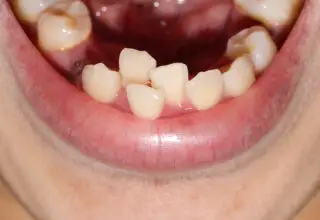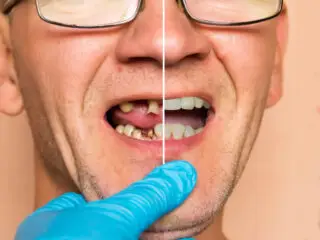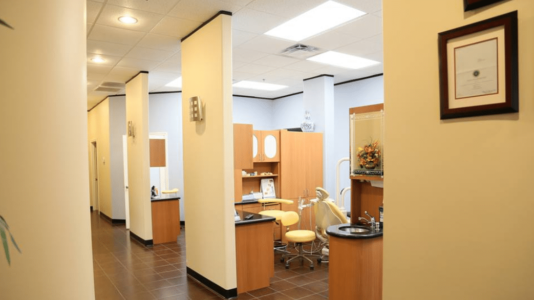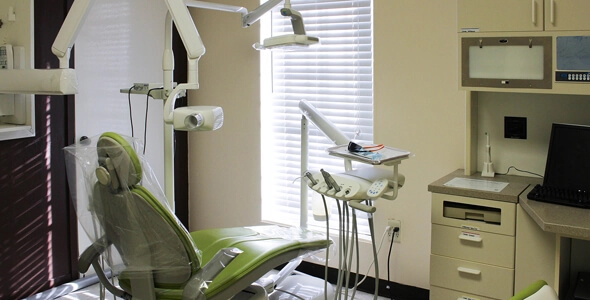When it comes to oral health, you can never be too sure. A simple toothache turns out to be something serious that results in a tooth extraction in numerous cases. There are several reasons why you might need to consult a dentist to get a tooth extracted or deep teeth cleaning in Houston.
Here are some signs that you need to see a dentist to have a tooth extracted.
Tooth pain
You might have to bear tooth pain for numerous reasons, and it definitely doesn’t always mean that you need to get a tooth extracted. However, tooth pain is still a sign of a problem. A painful tooth might arise from a cavity or some sensitive teeth. However, you also need to keep in mind that pain in the tooth might also be an indication of an underlying condition.
In this case, you might need to get your tooth extracted if:
- Your tooth is still painful after a crown procedure, a root canal, or getting a filling.
- Your tooth is infected.
- Your tooth seems very severely damaged.
Crowding
Sometimes there may not be enough space in your jaw to accommodate all your teeth. Many times people who have a small mouth may suffer from the crowding of teeth. Basically, there are too many teeth for a small space. Naturally, your teeth will not be able to fit appropriately and might cause your teeth to be displaced or end up crooked.
If you suffer from teeth crowding, you might experience some problems like:
- Difficulty in chewing
- Discomfort or pain
- Periodontal or gum disease
- Tooth decay like cavities
By getting your tooth extracted, you can make more space in your mouth. This will help your teeth in quickly occupying a healthier and more natural position.
You can also opt to fix your misaligned teeth by undergoing orthodontic treatments such as braces. However, in order for braces to work correctly, you might need some more space in your mouth. This is to help your teeth to get into position during the treatment. Your dentist might recommend a tooth extraction in this scenario.
Gum or periodontal disease
If you neglect your gums and teeth, you might be at risk of contracting periodontal disease. Gum disease can harm your gums along with your teeth. Bacteria can also eat away the foundation of your jaw, that is, the bones that support your teeth. As a result, your teeth may start to rot away and make routine eating and chewing activities difficult. Bacterial infection can also spread with each tooth.
You might need to undergo a tooth extraction if:
- The tooth is infected and has developed an abscess.
- The tooth is not supported correctly by the foundation and is loose.
- The infection is starting to spread to soft tissue, other teeth, or bone.
Typically when people suffer from periodontal diseases, they don’t need to get a tooth extracted. You can easily control gum diseases to a particular stage. After a while, you might need to undergo a tooth extraction when the infection gets quite severe. This is mainly done to protect other teeth by stopping the infection.
Impacted wisdom teeth
Wisdom teeth are one of the most common teeth that need an extraction. These teeth usually start to grow crooked. This is because of overcrowding in your mouth, and after an eruption, your wisdom teeth may need to be extracted. Nonetheless, impacted wisdom teeth are wisdom teeth that don’t vent properly. These stay impacted to the bone. In this case, your dentist might recommend a tooth extraction.
Severe tooth decay
If one of your teeth is significantly damaged by extensive decay that it is no longer possible to control the problem with fillings or root canals, you will have to get it extracted. A tooth extraction might be the only option at hand to relieve the pain and to stop the infection.
All in all, the above signs are indications for you to make an appointment with a dentist for tooth extraction.















